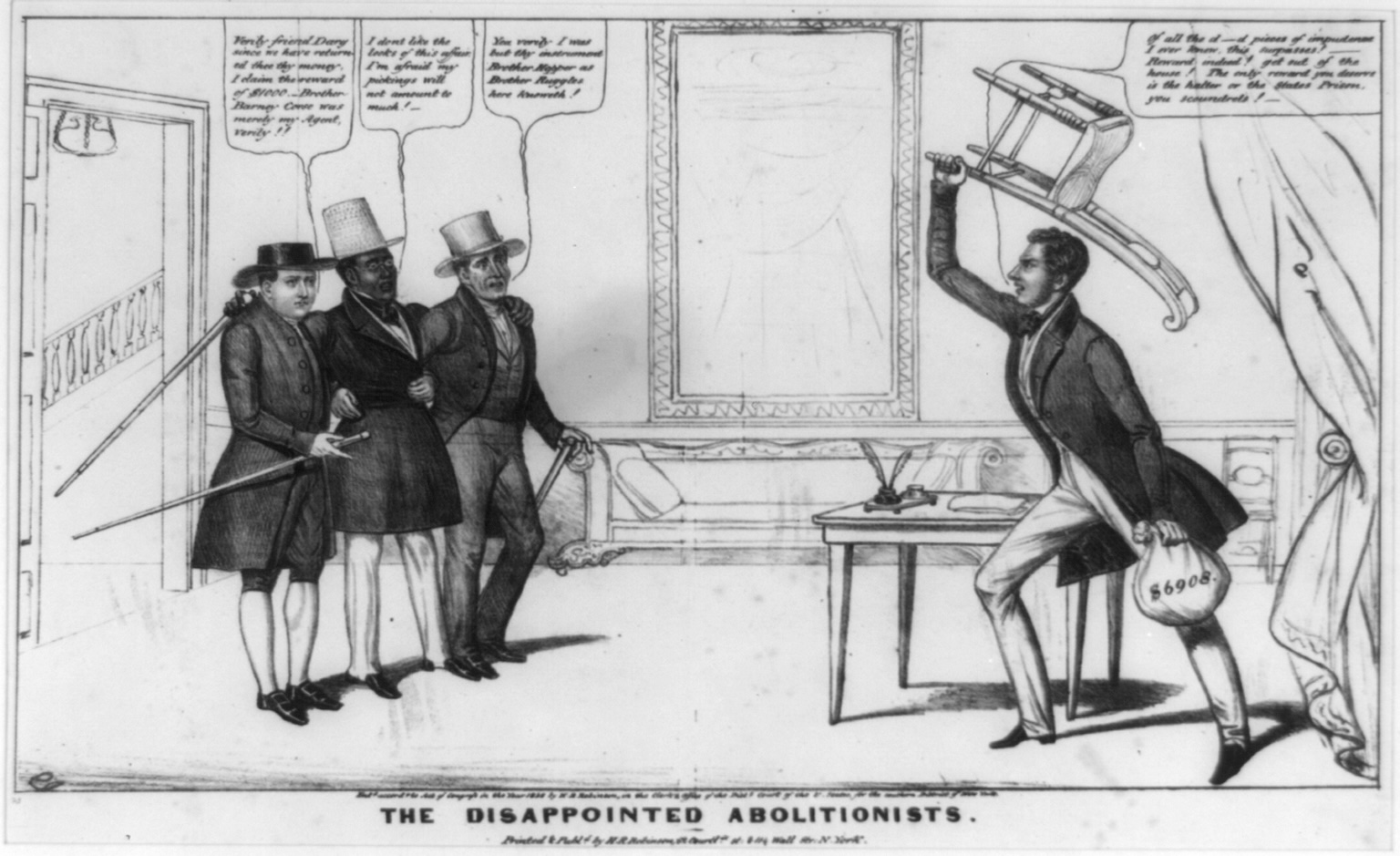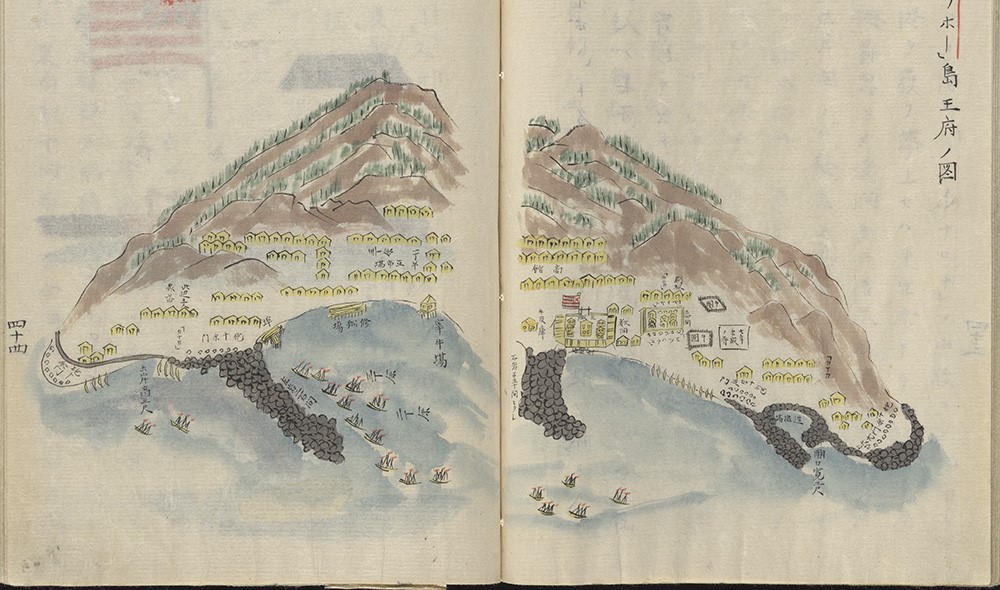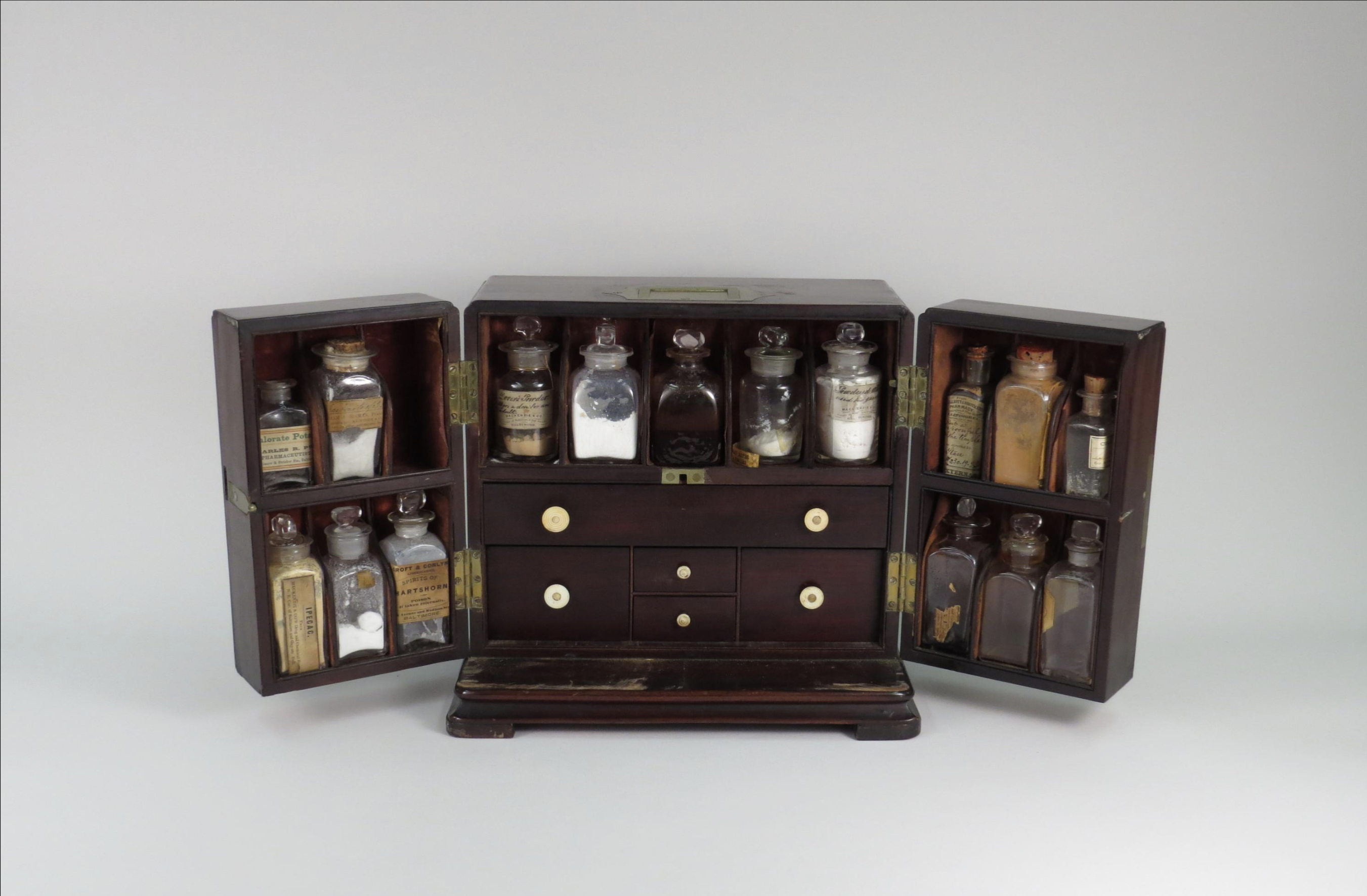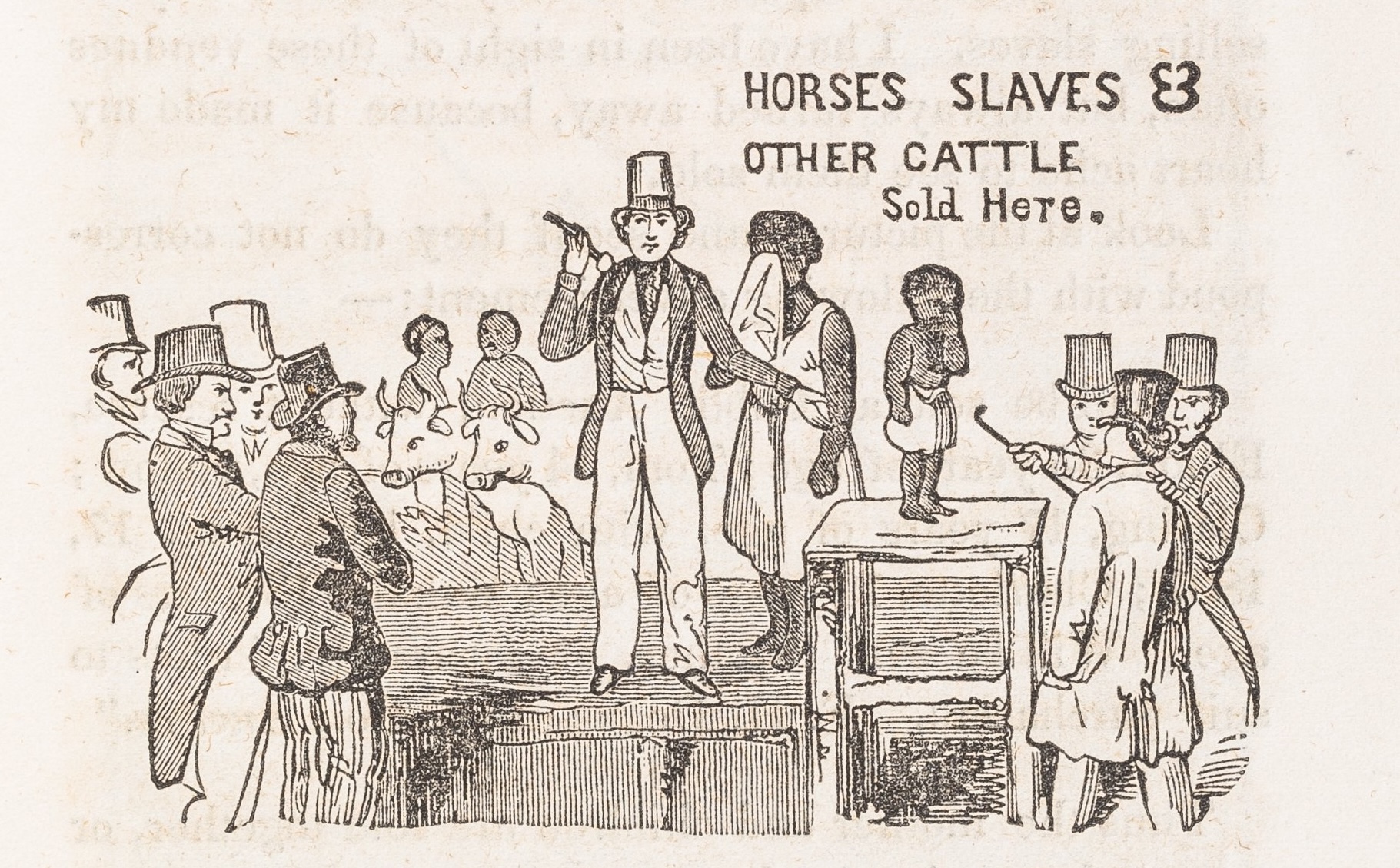Dear Chef Fuller,
Chef, I hope this note finds you in good health and spirits. I am sure as you read this you are busy planning your next banquet in heaven. I am writing you for several reasons. I first take this time to thank you for creating such a powerful legacy for myself and for future chefs, both black and white. Your legacy will be shared as long as I am living. As I am writing you, I am sure you are looking down from heaven marveling over the events of this past weekend.
As you saw, I hosted a feast in honor of the feast you held at the Bachelor’s Retreat at the end of the Civil War some 150 years ago. True to your legacy, it was only offered to eighty guests and served in the style for which you were famous, Russian Service.
The feast commenced in the hallowed rooms and halls of the Bachelor’s Retreat. The guests were treated to the food of your apprentice, Tom Tully. Chef, you would be so proud of the chef he has become. He has taken the reins from you and has done you well. As I watched in awe of the excitement felt by guests on the grounds of the Bachelor’s Retreat, a strong gust of rain fell upon 103 Church Street. It was my thought that you and the great chefs of your day sat around the banquet table in heaven and cried tears of joy. No guest was discouraged by the rain. They continued to eat, drink, and hold communion with one another. But you must have known what was happening.
Once the time came for the guests to march to McCrady’s, as they were lead by the re-enactors of the 54th regiment, the rain ceased. Divine intervention is my thought!
Once the guests settled in their seats in the Long Room, I gave words of welcome as I know you would have done. Silence filled the air as I spoke of you and your work. I needed to let the guests know why they were there and the importance of what you did for the city of Charleston. I always wondered why you decided to hold that feast at the time you did. We all know that the political climate in the city was not good. However, you saw fit to bring people together centered around a bountiful banquet. It truly shows who you were as a man as well as a chef. I have always admired you for that.
The feast of 2015 was a year in the making. First, I was approached by Dr. David Shields, a university of South Caroline professor who knew of your great legacy. He introduced you to me and he thought I would be the best person to stand in for you. Unfortunately, no record of the menu existed. However, we were able to find bills of fare from the many events you hosted, and I was able to piece my menu together using your most celebrated dishes from your massive culinary repertoire. I could not hold this feast without serving both your turtle and oyster soup. In today’s time, it is hard to find turtle soup in Charleston. You can, however, find it in the great restaurants of New Orleans. The guests were treated to an array of pickled vegetables, relishes and the famous Bradford watermelon pickles set on the table upon arrival.
I decided that we would feature three trays of proteins in honor of the meat and fowl you sold at the Bachelor’s Retreat. We started with a poisson tray featuring fried whiting, poached bass and your famous shrimp pie, all served with sauces such as Worcestershire, mushroom, walnut ketchup, and caper butter sauce. We moved from there to poultry, consisting of duck à l’orange, capon chasseur and squab with truffle sauce. Lastly came the viande tray with heaping portions of boeuf à la mode, venison with currant sauce and a wonderful lamb with mint sauce. Along with these items, various starches and vegetables were served. After dinner and before desserts,there were glasses raised in toasts to the event and hopes for a better future in the city of Charleston. Then once again guests were greeted with a bounty of desserts that included Charlotte Russe, almond cake, punch cake, blanc mange, and vanilla and pineapple ice cream. Your teacher, your mentor Eliza Seymour Lee, would have been proud. Please tell her when you see her that her great-great-granddaughter is a lovely woman. Before the night was finished, I offered my praise and love to the many cooks and chefs who shared their time and talent with me, as I think you would have done. As the guests made their way out of the building, a feeling of great pride came over me as each guest came to shake my hand and commend me on a job well done.
Chef, it is my hope that when you looked down upon me, you were able to say, “well done, chef, well done.” When I was asked to stand in your place, I was overwhelmed with what that truly meant. How would I be able to make you proud? Would this reconciliation have the same impact as it did some 150 years ago? I know as I spoke and cooked that your spirit was channeled through my body and that all around me felt your great presence. I also hope that you were touched by Jonathan Green’s rendition of you. As you know, there were no pictures of you to be found. The rendition was well received by all who saw it.
Chef, I want to once again thank you for your great legacy and vision. I only hope that I will leave one as great as yours, and that as I walk into my kitchen, you place your hand upon me.
I look forward to joining you and the other great chefs at the banquet table in heaven.
Sincerely,
Kevin E. Mitchell
This article originally appeared in issue 15.4 (Summer, 2015).
Kevin E. Mitchell, CEC, CFSE, ACE chef instructor, Culinary Institute of Charleston, who studies the history of African American chefs and southern foodways. He oversaw the recreation of the famed African American chef Nat Fuller’s reconciliation dinner held in Charleston in 1865.
























